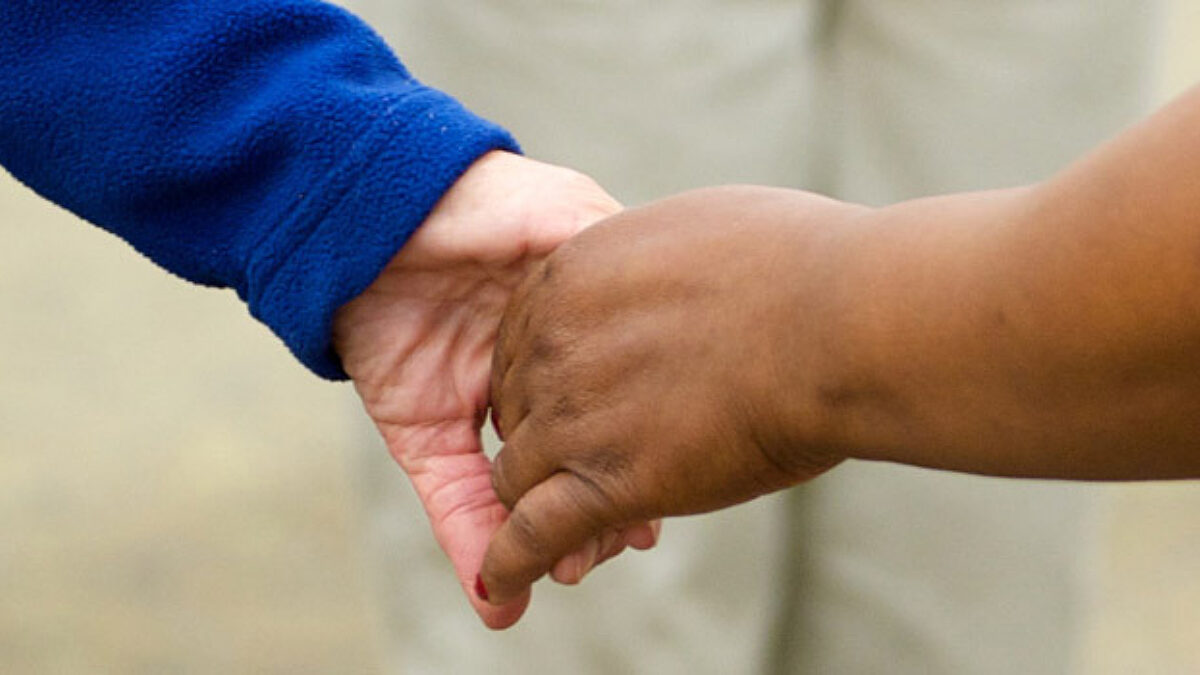
Advocate’s South Carolina Stories of Racial Awakening Project: Narrative 11
Changing the tape
By the Rev. Wayne Major
Editor’s note: The following is the 11th narrative accepted for publication in the Advocate’s new South Carolina Stories of Racial Awakening Project. See guidelines, here.
“The Lord brought to my mind that those students were only playing back the tapes that had been recorded in their heads, and I needed to help change the tape.”—Dolphus Weary, student at Los Angeles Baptist College, on hearing white students laughing at the news that Dr. Martin Luther King Jr. had been shot
“Changing the tape” is a good description of a process I had to go through in getting rid of prejudicial ideas planted there by my father.
I can remember him expressing opinions during discussions on race relations that “the Bible says they (African Americans) will be slaves of slaves” and other similar biblical justifications that people used. I understand now that he was probably simply “playing back the tape” that was handed down from his own father.
I was fortunate to be able to see my father change later on in his life. During the CB radio craze in the 1970s, he took up the habit, taking the nickname, or “handle,” of “Crook.” He very quickly became fast friends with someone known as “Dirtman.” After several months of friendship Crook and Dirtman decided to meet. I’d love to have been there as my father got to see his African-American friend for the first time! To his credit, he didn’t let his former feelings rule, but remained steadfast friends with “Dirtman” the rest of his life. In fact, it turned out “Dirtman” was so named because he owned a front-end loader, and my father even called on him once for help in pulling down a tree to keep it from falling on our house.
A lot of things occurred to “change the tape” in my own head, but one stands out among these experiences. One day I headed inside a convenience store to pay for gas I had just purchased. As I approached the door, an elderly African-American man was approaching at the same time. I opened the door and stood back waiting for him to enter. As he came to the door and saw me, he smiled a broad, beaming smile and said, “Well thank you, sir! Thank you kindly!” As I left, I was still wondering why the man had been so obviously and genuinely pleased. The remembrance of it stayed with me, and I recall much later finding out about things that had never come to my attention: like separate bathrooms, separate water fountains. What I didn’t realize that day was this man had seen during his lifetime a time when he would never have expected to see a white man holding a door open for him. Not only that, but he had seen a time when, if he had been allowed to come in the store at all, it would have been through the back door, not the front.
Through the years, the “tape” has indeed been changed, and I have as a result tried to be more open to opportunities for building bridges and tearing down walls. Those opportunities have included pulpit exchanges, choir exchanges and participation in racially inclusive joint services. I recall receiving “feedback” during my first appointment when they told me I was responsible for choosing and contacting a speaker for the spring revival. I was at that time attending Erskine Seminary, where my best friend and fellow student (who is African American) also attended.
The very first night of the revival, one of the church members told me she wanted to “have a word” with me after the service, and I could tell from the look on her face it wouldn’t be a pleasant conversation. In the privacy of the church office, she shared her criticism: “I didn’t know the speaker we had coming for this revival was a black man!” (I had intentionally not mentioned that fact, having decided that it was best to model in front of the congregation the fact that I put no difference between races.) Rather than defend myself or join her in raising voices or emotions, I calmly asked her, “Is that a problem?” She sputtered and stuttered a moment before stammering, “No, I just didn’t know, that’s all.” Since that time, I’ve weathered quite a few similar “discussions.”
Have I done enough? I’m not even sure how much “enough” is. I have simply been willing to try to do my part, giving thanks to God for the changed perspective and giving thanks for being able to see that change earlier in my father.
Major, 63, is a white male who pastors the Cowpens Charge (St. Andrews, St. Mark, Salem).